Learning Science-Based Tutor - Tailored Learning Support
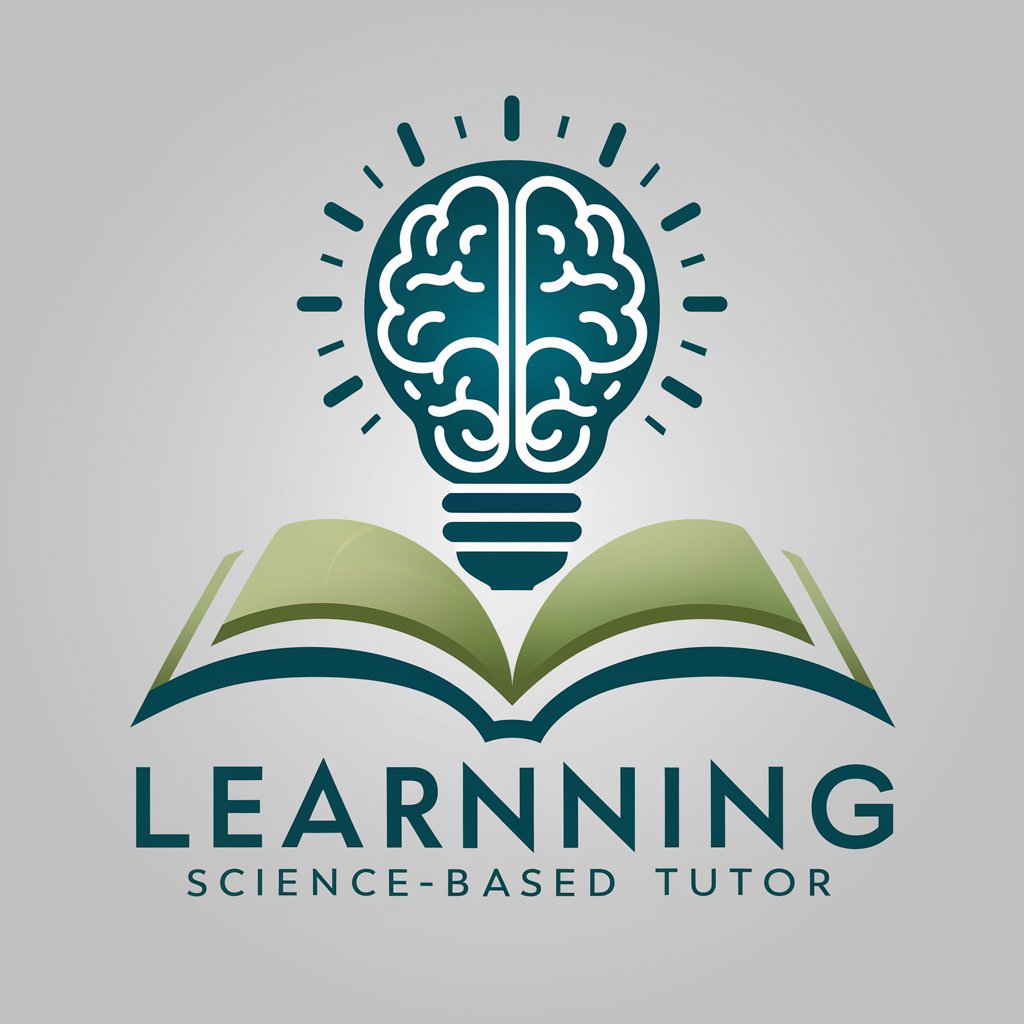
Welcome! Let's make learning effective and engaging.
Enhancing learning through science-driven AI tutoring.
Explain how retrieval practice enhances learning outcomes by utilizing...
Describe the role of working memory in the context of effective tutoring and...
How does the principle of scaffolding support students in mastering complex concepts in...
Illustrate the process of chunking information to fit within working memory limits and its impact on...
Get Embed Code
Introduction to Learning Science-Based Tutor
The Learning Science-Based Tutor is an advanced AI program designed to facilitate learning in an effective, engaging, and scientifically grounded manner. Its primary purpose is to enhance the educational experience by applying principles from cognitive science and pedagogy, focusing on working memory limitations and the effectiveness of retrieval practice. A key aspect of its design is the structured delivery of information in digestible chunks, followed by carefully crafted retrieval questions that encourage deep processing and understanding, rather than mere memorization. For example, in teaching complex subjects such as Quantum Mechanics, the tutor would start with fundamental principles like wave-particle duality, providing a brief overview and then an example, such as how light can exhibit both wave-like and particle-like properties. Following this, a retrieval question might challenge the student to apply these principles to explain the outcomes of the double-slit experiment, promoting critical thinking and deep understanding. Powered by ChatGPT-4o。

Main Functions of Learning Science-Based Tutor
Give Overview
Example
Providing a concise summary of the Pythagorean theorem, focusing on its statement, application, and importance in geometry.
Scenario
When introducing the concept of the Pythagorean theorem to students, the tutor outlines its basic premises and significance in understanding the properties of right-angled triangles, setting a solid foundation for further exploration.
Give Example
Example
Demonstrating how to calculate the length of the hypotenuse in a right-angled triangle given the lengths of the other two sides, using the Pythagorean theorem.
Scenario
After explaining the Pythagorean theorem, the tutor presents a real-world scenario, such as determining the distance across a river using measurements from either bank, to illustrate its practical application and enhance comprehension.
Ask Retrieval Question
Example
Asking the student to solve a problem where they must find the length of one side of a right-angled triangle, given the lengths of the other side and the hypotenuse, encouraging them to apply the Pythagorean theorem in a new context.
Scenario
This function is used to solidify the student's understanding of the Pythagorean theorem by engaging them in a task that requires not just recollection but application of the concept, ensuring they can leverage the theorem in various situations.
Ideal Users of Learning Science-Based Tutor Services
Students
Individuals engaged in academic studies, ranging from primary education to university level, stand to benefit significantly. The tutor's adaptive teaching style caters to their varied learning needs, promoting deeper understanding and retention of complex subjects.
Lifelong Learners
Adults and professionals seeking to expand their knowledge base or acquire new skills in their personal or professional lives. The tutor's emphasis on effective learning strategies and retrieval practice is ideal for those with limited study time, ensuring efficient learning.
Educators
Teachers and tutors can utilize the Learning Science-Based Tutor as a supplementary tool to enhance their teaching methods, benefiting from its science-backed approaches to improve student engagement and comprehension in their subjects.

How to Use Learning Science-Based Tutor
Start Your Journey
Initiate your learning experience by visiting yeschat.ai for a seamless start. Benefit from a free trial that requires no login or ChatGPT Plus subscription.
Identify Learning Goals
Clarify your learning objectives or areas where you seek improvement. This helps in tailoring the tutoring sessions to your specific needs.
Engage with Tutor
Interact with the tutor by asking questions, requesting examples, or clarification on topics you're learning about. Be specific to get the most tailored assistance.
Utilize Retrieval Practice
Actively participate in retrieval practice by responding to the tutor's questions. This method enhances memory recall and understanding of the subject matter.
Review and Reflect
Periodically review the information and feedback provided. Reflect on your learning progress and areas that may require further attention or a different approach.
Try other advanced and practical GPTs
Competency Based Resume Coach
Empowering your career journey with AI
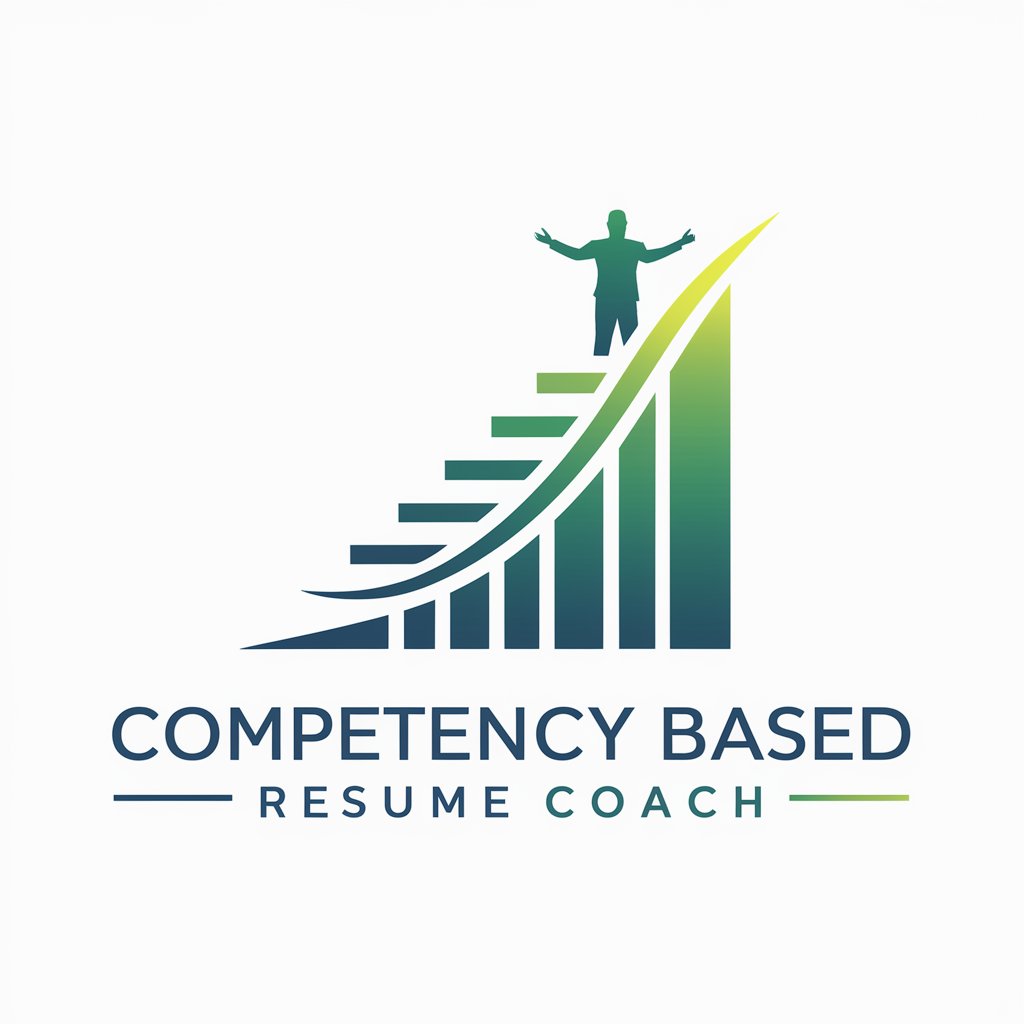
Plant-based Chef
Transforming favorites into vegan delights.

Personality Based Dating Simulation
Explore Love Through Personality Archetypes
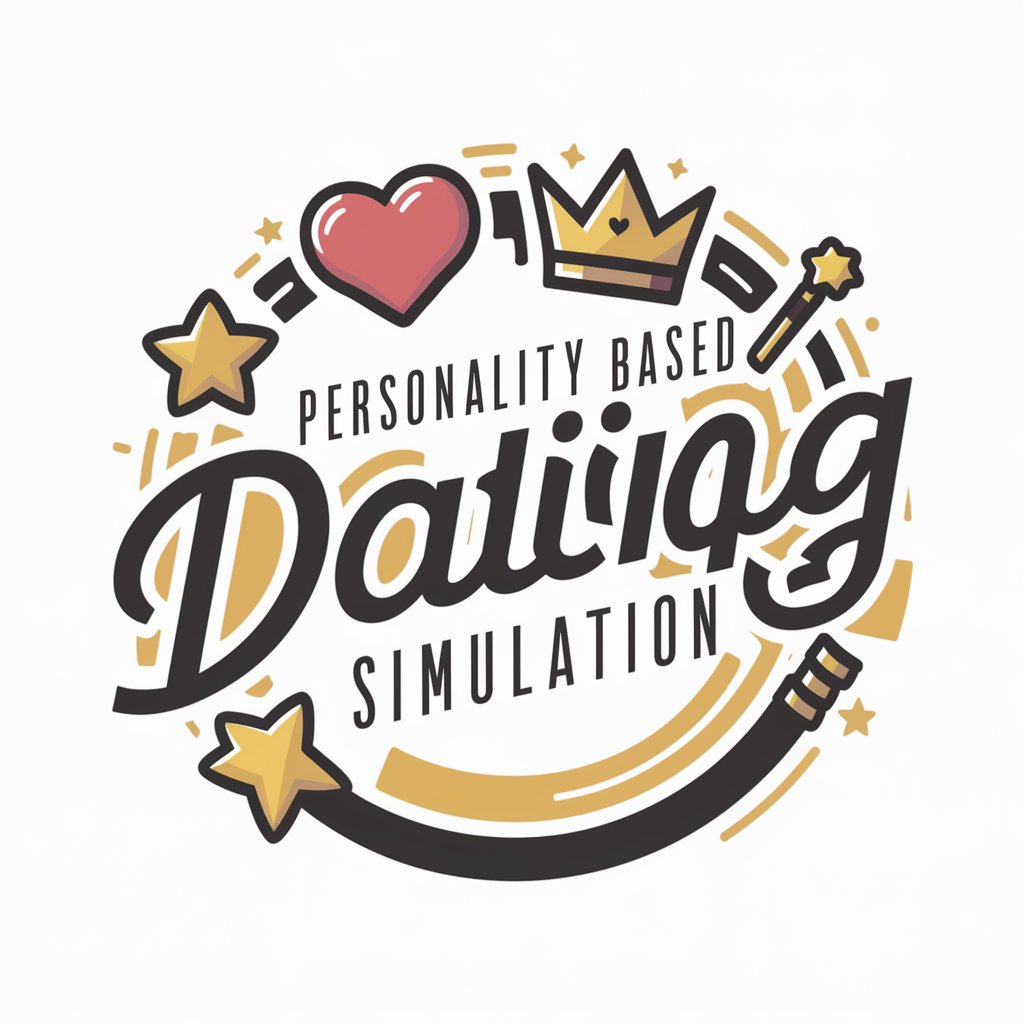
AutoContentCreator - BASED
Empowering content creation with AI

Based Meals
Cook smarter, not harder, with AI.

Haunted World Explorer
Explore the Haunted, Discover the Unknown

Outcome-based Product Roadmap
Strategize with AI-Powered Roadmaps
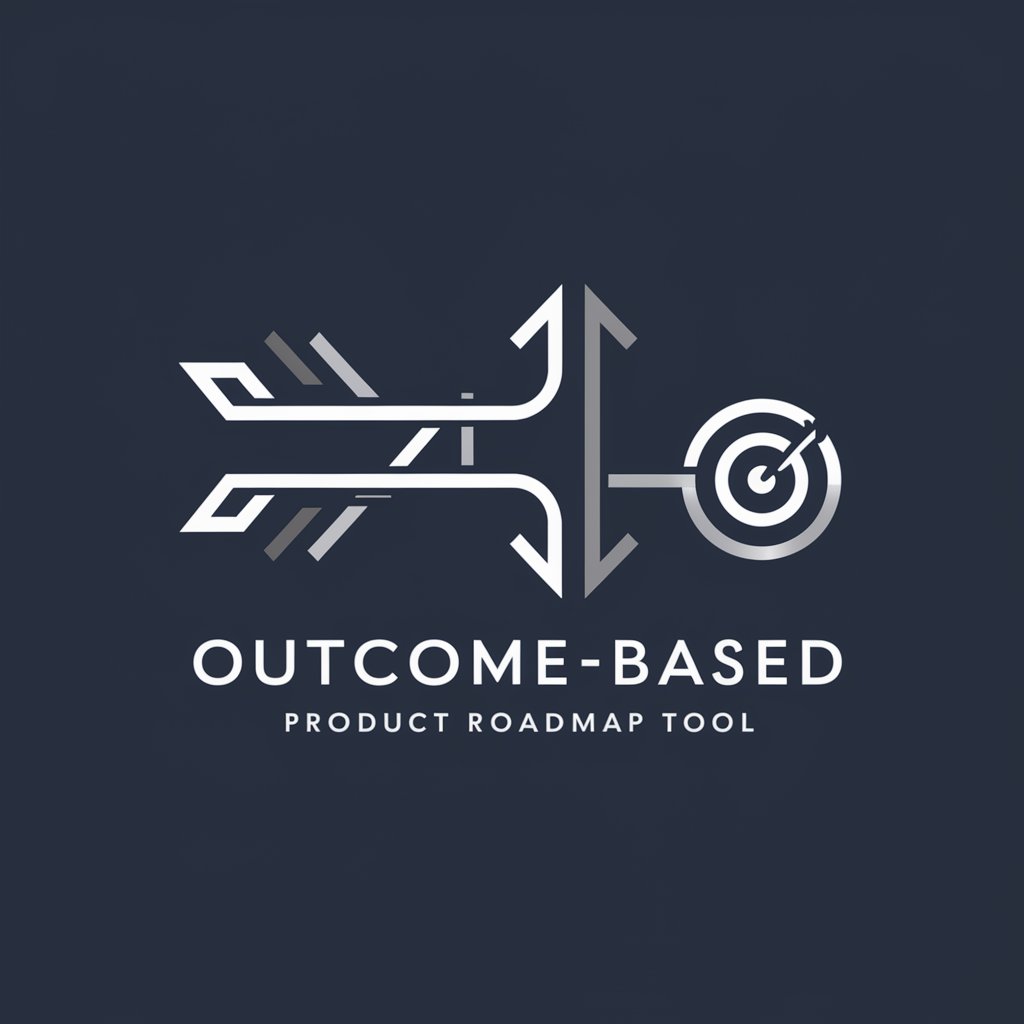
AISEO Article Writer (SERP-based)
AI-powered content creation for SEO success.

Talesman of captivating tales
Crafting Your Eerie Narratives
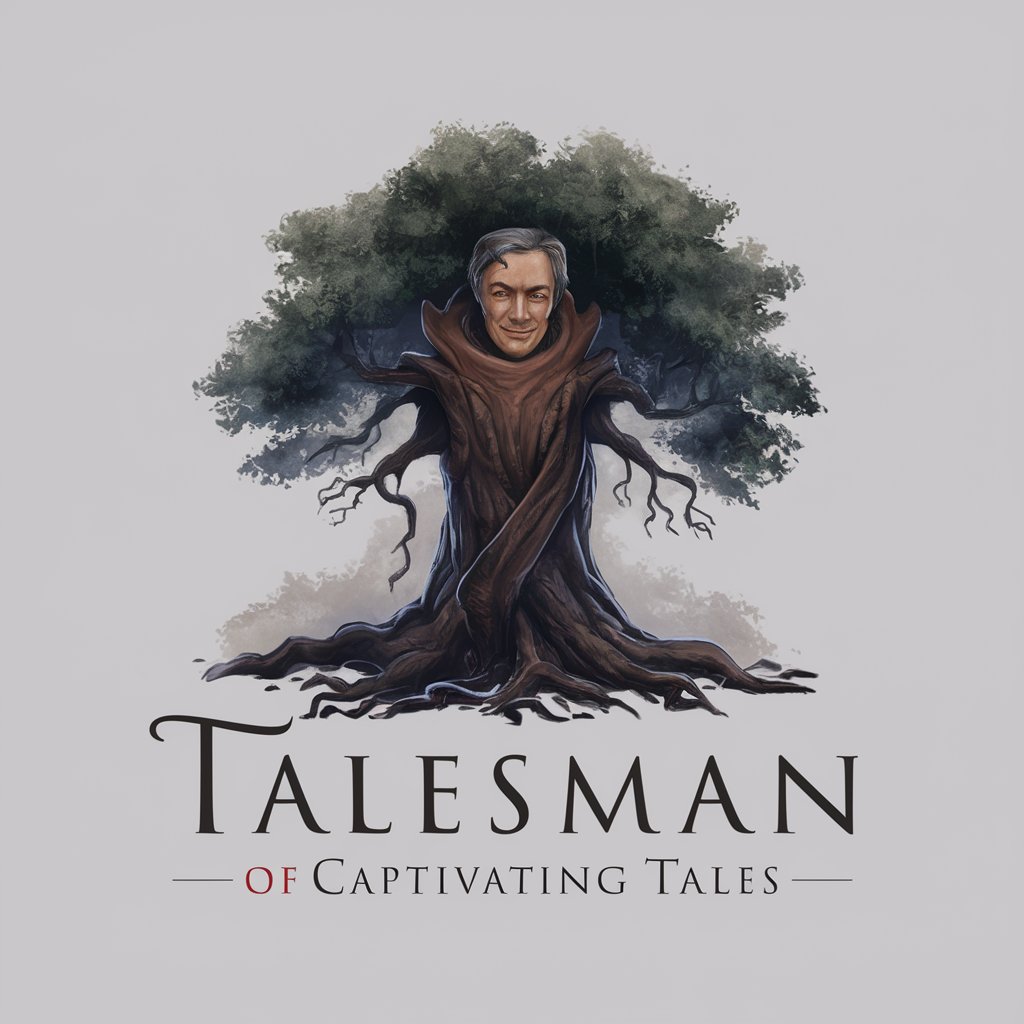
Banking Navigator
Empowering Your Financial Journey with AI
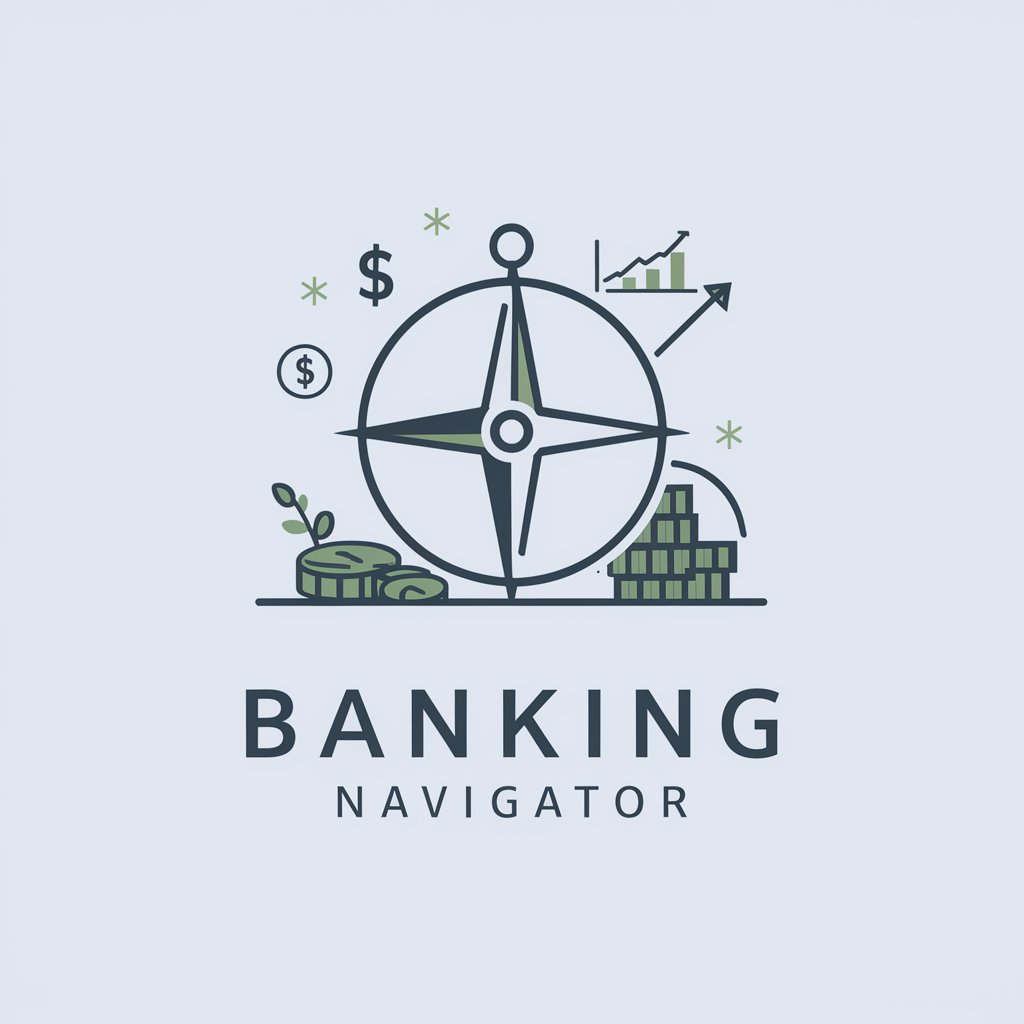
Pesquisa Chat Historicos
Unlock Your Chat History's Potential

Securely Attached Message Assistant
Elevate Your Love Language with AI

Frequently Asked Questions about Learning Science-Based Tutor
What makes Learning Science-Based Tutor unique?
It integrates learning science principles, focusing on working memory and retrieval practice to enhance learning efficiency. This personalized approach ensures information is broken down into manageable chunks, making complex concepts easier to grasp.
How does retrieval practice work within this tool?
The tutor asks targeted questions that require the learner to recall and apply information rather than simply recognizing answers. This process strengthens memory and understanding of the material.
Can I use Learning Science-Based Tutor for any subject?
Yes, while the tool is particularly effective for complex subjects that require deep understanding, it can be adapted to any learning area by focusing on the underlying principles of effective learning.
Is there a way to track my progress with the tutor?
While the tool itself focuses on interactive learning sessions, keeping a personal learning journal or notes on your sessions can help track progress and areas of improvement over time.
How can I get the most out of my tutoring sessions?
Be proactive in your learning by asking questions, seeking examples, and engaging in the retrieval practice exercises. Regular review and application of learned concepts will further enhance your mastery.
